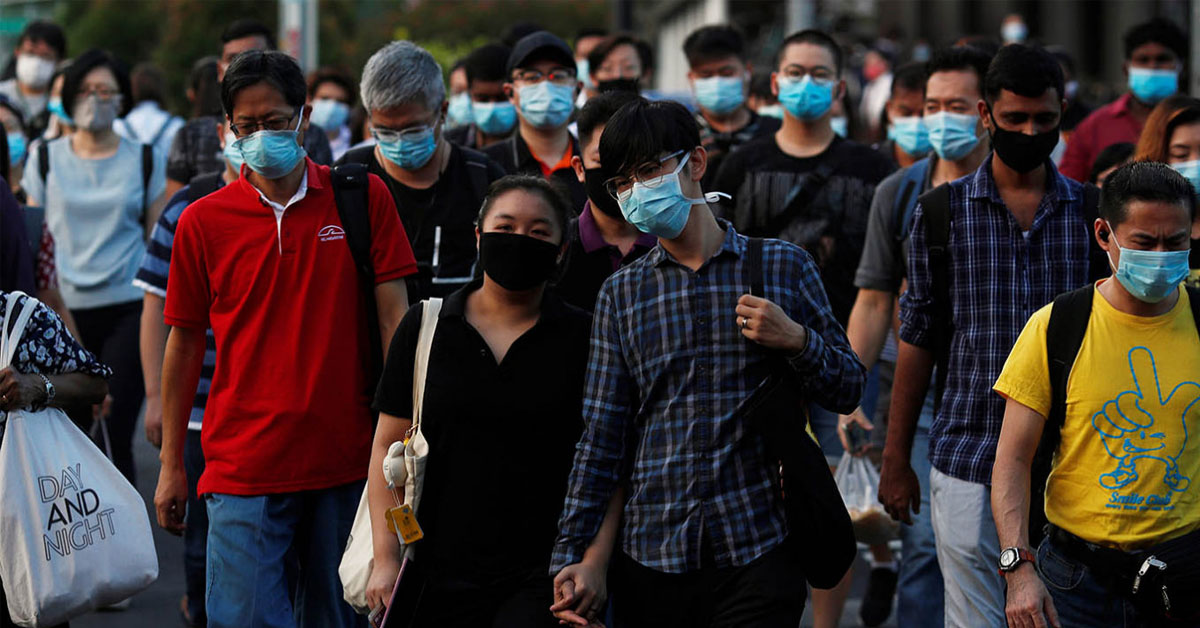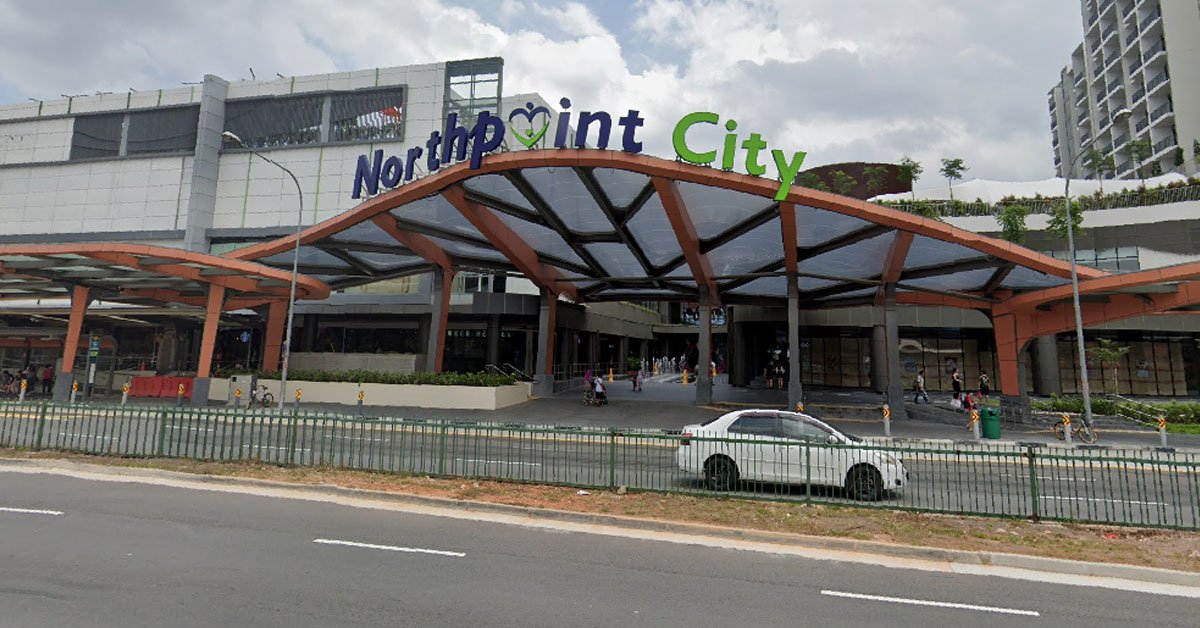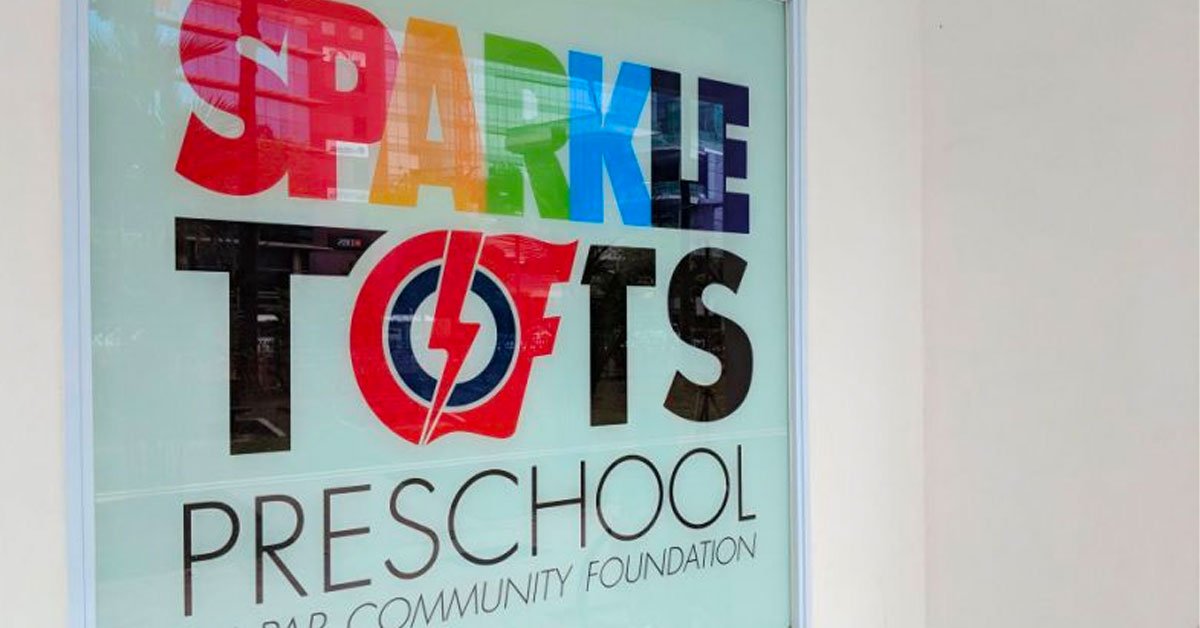After PM Lee’s speech at 4pm on 3 April 2020 about the Circuit Breaker measures in Singapore, you could see Singaporeans milling around in confusion.
Literally.
What exactly is an essential business?
Wait, workplaces are closed?! What about my food? I listened to the government and never stocked up and this is my REWARD?!

Chill out.
As the government has said, this isn’t a lockdown.
It’s just a “circuit breaker”.

But anyway, here are the common FAQs you might have about this “circuit breaker” that we’ll have going on for one month.
For Individuals:
1. When will this end?
The lockdow- circuit breaking measures will start on 7 Apr 2020 and end on 4 May 2020. During this time, non-essential businesses are not allowed to operate.
2. Don’t worry, will still have food and other necessities.
As mentioned, non-essential businesses will stop but essential business like these:
- Food establishments
- Markets
- Supermarkets
- Clinics
- Hospitals
- Utilities
- Transport
- Key banking services
Will still be allowed to operate.
This means that during this period, getting food and groceries (even for those who listened to the government) will not be a problem.
Of course lah, getting the money to buy said food and groceries is a totally different matter.
3. I heard there’s a movement restriction order?
Yeah, but luckily, it’s not like Malaysia where only the “head of the family” is allowed to go out of their homes.
In Singapore, we are encouraged to stay at home but if we need to go out for essential stuff like buying food from the coffee shop, buying rice from the supermarket to count at home, we can still do so.
Just try to be socially responsible, the government urges, and stay home as much as possible.
Please do so because based on past track records, if Singaporeans or people staying in Singapore do not cooperate, the rules will be made stricter.
So don’t need to hoard, okay?
4. Buy food? Does that mean I can eat out?
No, you can’t eat out.
F&B outlets, including restaurants, hawker centres, coffeeshop and food courts, will not allow you to dine-in from 7 Apr 2020 onwards.
You can only order take-away or delivery meals from these outlets.
Take note, though, that you’re not allowed to eat or drink when you’re at these places.

5. Singapore Pools Closed
Yes, our favourite past times, queueing and betting on 4D and Toto, will no longer exist temporarily.
Singapore Pools isn’t considered an essential service and outlets will close from 7 Apr onwards.
6. No entertainment and socialising, please
All attractions, theme parks, museums and casinos will be closed from 7 Apr 2020. Basically, this “holiday” isn’t for you to go out and enjoy yourself. It’s to stay at home and wait out the Covid-19 transmission.
This includes sports and recreation facilities as well as recreational facilities in hotels.
So if you really want to work out, maybe check out some Mike Chang videos.
Advertisements
7. How about cutting my hair?
Thankfully, you can still cut your hair. Hairdressing and barber services will continue to be open for basic haircut services.
However, that’s all you can do as perming and dyeing services are suspended during this period.
8. How about my pets? I want to pull through this tough period with them.
Pet supplies stores and veterinary services will remain open during this period.
However, similar to barber shops, they’ll have limited functions.
For pet supplies stores, they are open only for animal care, feed and supplies services only.
Advertisements
For veterinary services, it’ll be open for emergency, non-elective services including hospitalisation.
No pet grooming or leisure activities are allowed.

9. How about going to the postal office?
Reader Bao: You know what? I have a great idea. How about, instead of going to post office, postmen come to our doors every day and ask if we have anything we want to send?
HAHAHA-

Unless you’ve been living under a rock, you’ll know that SingPost is facing manpower issues after the Covid-19 cluster at SingPost Centre.
But, post offices will remain open and postal services will still be available so you can walk there yourself.
Reader Bao: Damn…it was worth a try.
10. How about going to computer shops for repair?
Yes, you can do so. Shops which sell and/or repair consumer electronics, IT peripherals and household appliances will be open.
Advertisements
For Essential Businesses
1. How do I know if I am an essential business?
The general rule of the thumb is this: if your business is essential for the country to run, such as providing daily necessities, electricity, daily upkeep and useful to the government, you’re allowed to remain open.
As for the rest, companies can continue working via telecommuting (letting workers work from home).
If not, activities must be suspended until 4 May 2020.
You can see the comprehensive list here.
2. My company’s activities are not listed in the list of essential services, but we support an essential service that is listed. What should I do?
You can submit a general application with the following details:
- Names of essential firms
- Goods and/or services that you provide
Your application will be processed and responded to within 48 hours if you’re allowed to continue operating.
While waiting for an answer, companies can continue operating with safe distancing practices in place.
If found to be non-essential, you’ll have to stop.
3. My company provides essential services and I have been contacted by a government agency, why do I need to submit details of my operations in order to continue operating?
This is so that agencies can verify and access your business activity and the number of workers required to operate on-site.
For work that can be done off-site, they’ll have to be done off-site.
4. My company’s activities are not listed in the list of essential activities but they are essential, can I apply for an exemption?
If you are not essential, you must suspend your on-site activities.
Submit a general application with relevant supporting information including reasons why your business activities are “essential”.
And no, trying to feed my family isn’t a valid reason.
Applications will be considered on a case-by-case basis and you must wait for approval before operating.
For Non-Essential Services Companies
1. Can I continue to run my business as normal if my company is not providing an essential service?
No. If your work cannot be done off-site, you must suspend all activities.
2. Is my company required to suspend all business activities if my operations cannot continue via telecommuting?
Businesses are encouraged to adopt telecommuting wherever possible. However, for some activities like payroll processing where it has to be done on-site, you can apply for a time-limited exemption to complete the task.
3. Can my company continue to operate if I adhere to safe distancing and other precautionary measures (e.g. mandatory temperature taking, submission of travel declarations)?
The website came out with a huge chunk but here’s the TL; DR: No.
4. If my business does not conduct essential activities, can I go to my place of business to perform maintenance of the facility, attend to perishable products, receive deliveries or perform other necessary tasks?
Owners can go to their office to take care of “crucial tasks that cannot be done remotely or to retrieve necessary materials or documents.”
Employees, however, are not permitted to step into the workplace.
Exemptions can be applied for, however:
- If you need to activate your employees to work on-site for short periods of time (i.e. less than a day), you need to apply for a time-limited exemption.
- If you need to maintain a small workforce at your place of business for safety purposes, please apply for a general exemption.
5. What happens if my company is unable to pay employees’ salaries due to the suspension of activities?
The Jobs Support Scheme (JSS) will help enterprises retain their local employees during this period of uncertainty. All active employers, with the exception of Government organisations (local and foreign) and representative officers, are eligible for the JSS.
For more details, please visit the IRAS website at http://www.iras.gov.sg or call the hotline 6356 8233.
6. Is my company still required to pay rent during the period of suspension of activities?
To provide greater support for businesses, stallholders at hawker centres and markets would get enhanced rental waiver of three months, with a minimum waiver of $200 per month.
The eligible commercial tenants in Government-owned or managed facilities would be given two months of rental waivers, up from half a month. Government agencies such as JTC, SLA, HDB, URA, BCA, PA and Nparks would provide half a month rental waiver to eligible tenants of other non-residential premises.
Eligible tenants include those who did not pay property tax.
7. Should my company continue with medical insurance coverage for foreign employees, given that they are unable to work during the suspension of activities?
Yes, employers who fail to meet the medical insurance requirement for their foreign workers (WP, S Pass holders and FDW) may be fined up to $10,000 or jailed up to 12 months, or both.
In addition, they may be barred from employing foreign workers.
The medical insurance requirement is not applicable to EP holders.
You can view the full list of FAQs for businesses here.



